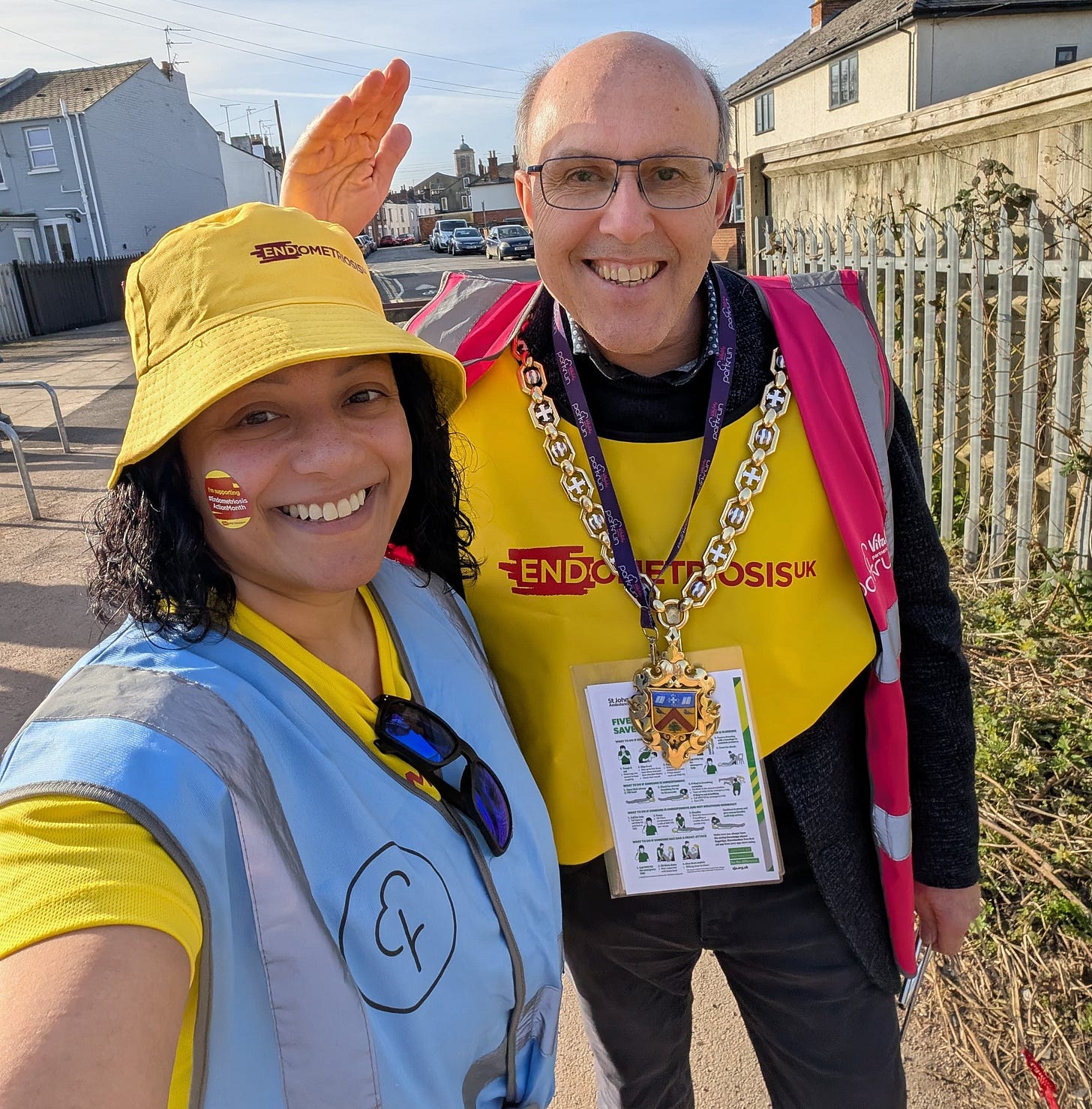Cheltenham parkrun raises awareness of Endometriosis
March is Endometriosis Awareness Month and the town's parkrun held a volunteer takeover day
Gloucestershire Support Group for Endometriosis UK have raised vital awareness of the condition thanks to participation at Cheltenham parkrun.
Held in the very early morning in Pittville Park, the day marked not only Endometriosis Awareness Month but also International Women’s Day. Women and men took part in the run as well as marshalling the event.
Losing feeling in the legs, chronic pain and affecting everyday life is exactly the story, Jess Richards told two years ago. Jess and so many women in her position are fighting a condition which could lead to many women never being able to have children. Even Jess herself told her story on how difficult it was to get a diagnosis.
Zakia Hussain from the Support Group and Gloucestershire Hospitals NHS Foundation Trust had major surgery on Valentine’s Day last year. Describing the recovery, both physically and mentally as “tough”, Zakia says Parkrun was her “saving grace” as it allowed her to meet friends and give back to the community by volunteering.
Working in the Pathology Department, Zakia says that since 2017, “I dabbled with attending my local parkrun, often neglecting it in order to do extra Saturday shifts on top of those already allocated to staff in my department. Not only did I have to contend with my recovery, but I had to deal with a diagnosis of ovarian cancer, which is still under observation.”
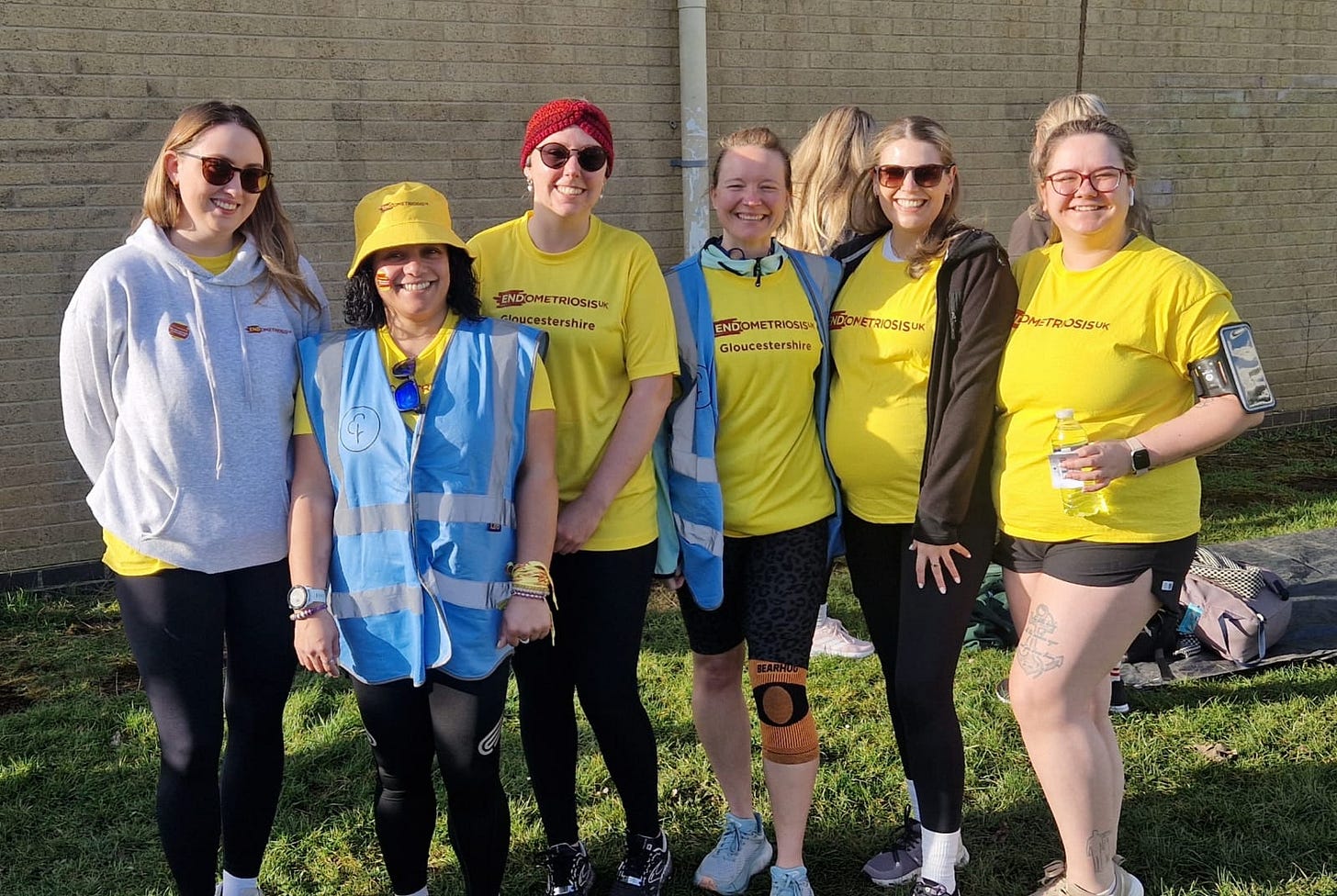
Zakia describes the running family as “so supportive during my recovery. I felt doing a volunteer day takeover would not only give back and show my appreciation, but also raise awareness and educate the masses; old, young, male and female.”
The facts and figures provided by Endometriosis UK are important to share, including:
1 in 10 women and those assigned female of birth of reproductive age in the UK suffer from endometriosis
The second most common gynaecological condition in the UK
On average it takes eight to ten months from the first GP visit to get a diagnosis
The condition costs the UK economy £8.2 billion a year in treatment, loss of work and healthcare costs.
The cause is unknown, there is no definite cure and for Pip Telford, going through surgery recently for Stage Four Endometriosis is her story.
Taking part in the run, Pip said: “It was quite overwhelming and to see so many wearing yellow tops and the message end endometriosis was overwhelming to see so much support. The run was horrific, I’ve never put my body through so much torture in my life but I would do it again.”
Attending the parkrun too was Mayor of Cheltenham, councillor Paul Baker, and the town’s MP Max Wilkinson. Talking about Endometriosis being the focus of the event, Mr Wilkinson said: “Women’s health is so important and if there’s one thing I’ve learned since becoming MP and interacting with constituents, we don’t take women’s health seriously enough whether that is maternity care, new mothers' mental health or endometriosis. Politicians in parliament and society need to take endometriosis seriously and I have learned a lot about the condition so let’s take the fight forwards.”
For both Zakia and Pip, parkrun has brought all walks of life together. Giving a sense of purpose and helping to build a resilient mindset while talking about Endometriosis, both women speak importantly on why the condition should be a taboo subject that can be broken.
“I don’t think Endometriosis Awareness Month should be limited to one month, Pip said. “It is such a common condition for women to have, it is important to focus on and I think more education, including for men and boys, can help.”
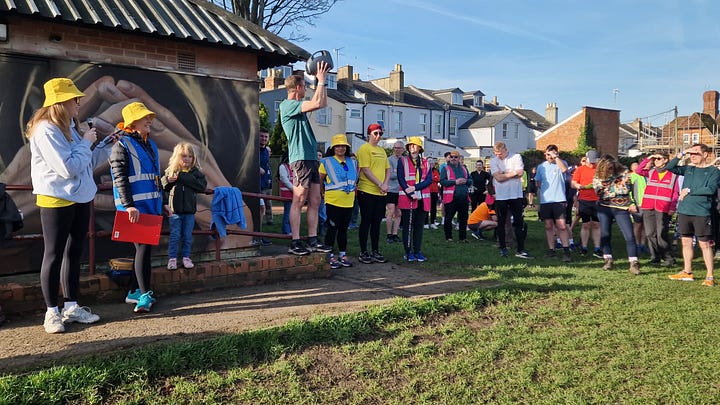
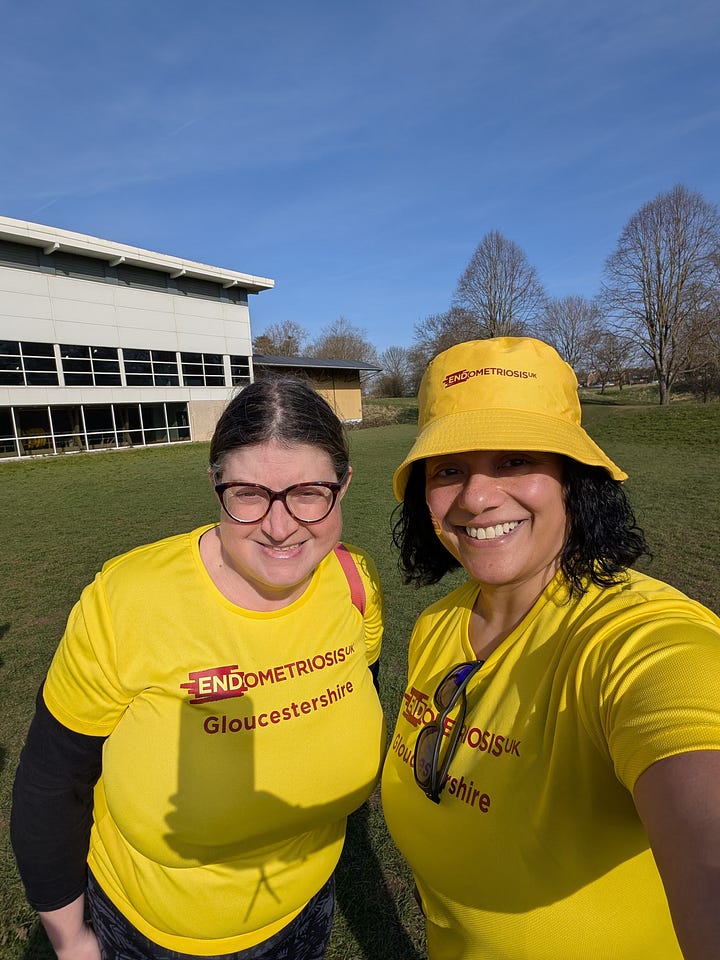
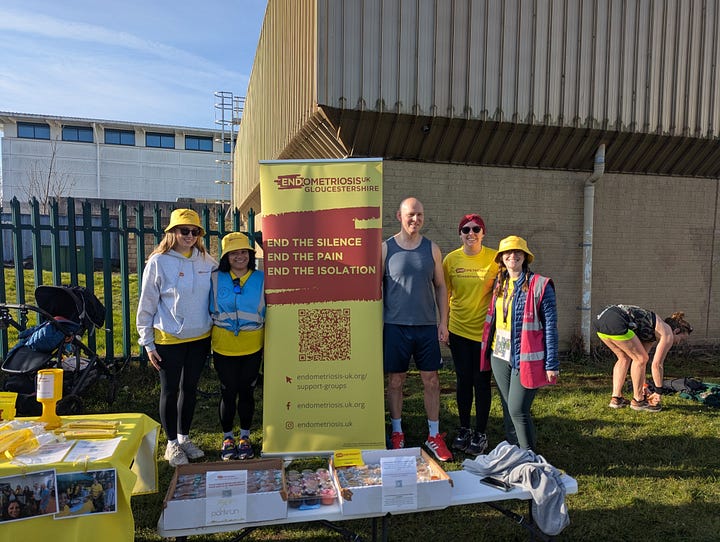
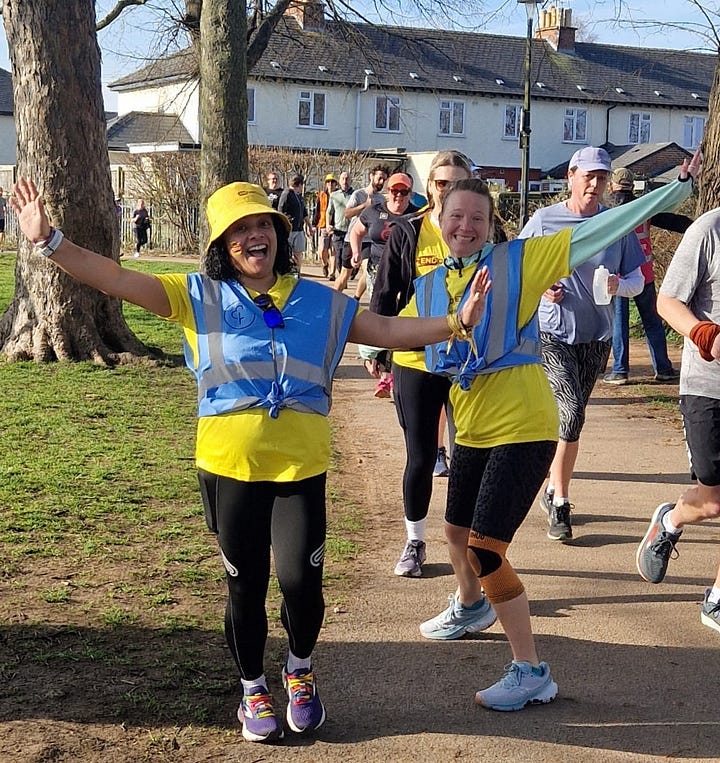
“We get told from such a young age that it is just bad period pain and it is awful, Pip adds. To be told it is normal and something to get used to is scary because it is a condition that can leave women infertile, so a lot still needs to be done to break the stigma.”
Research by Endometriosis UK says 62% of women (aged 16-54) would put off going to a Doctor with symptoms of endometriosis because they don’t think it’s serious enough to bother a Doctor with, they’d be embarrassed, don’t think they’d be taken seriously, or think symptoms including painful periods are normal. This statistic rises to 80% of 16-24-year-olds.
“I believe the stigma or taboo surrounding endometriosis, especially in BAME communities, can only be broken if we educate, advocate and empower ourselves and one another, Zakia said. Education should be at the forefront of our minds and providing this to both male, female and those assigned female at birth school children, to ensure they can recognise the signs and symptoms of this inflammatory disease early on, thereby being able to advocate for themselves, or their loved ones, should they need to, in later years. This will surely empower them and help break the silence around this disease.”



